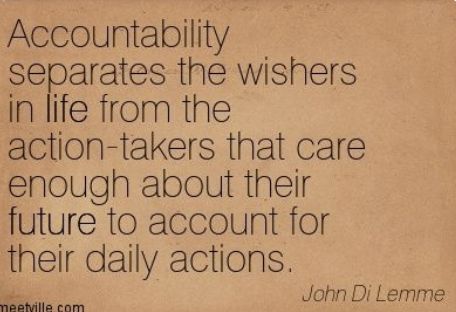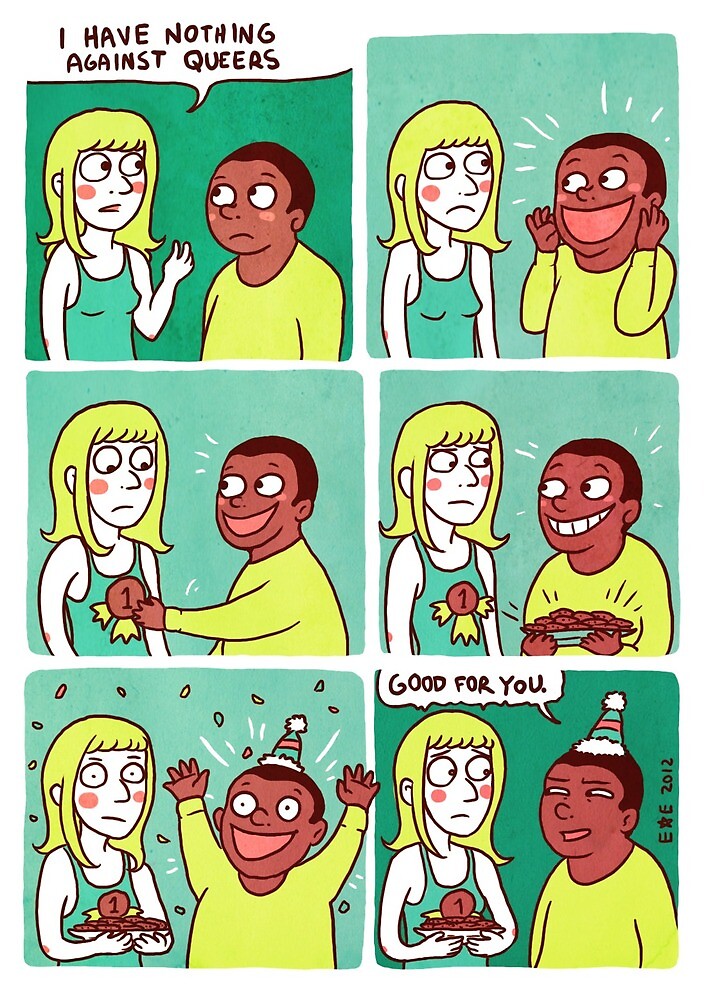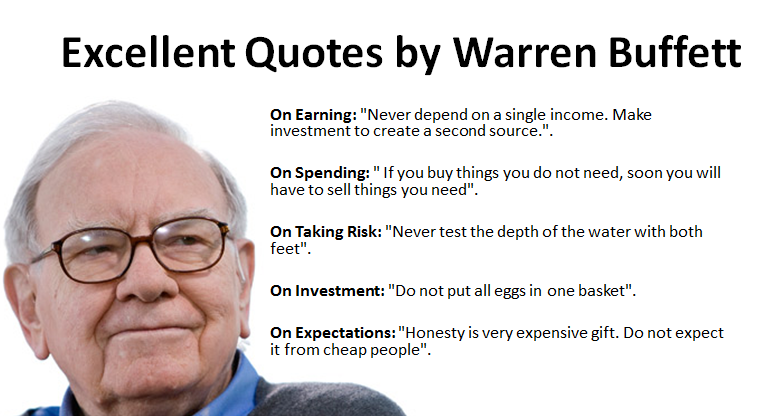Shift your perspective
Try These Tips to Help Shift Your Perspective
If only rebooting your mindset were as easy as restarting your laptop. As part of a collection on shifting perspectives, writers share the struggles, revelations, and joys they experienced as they began to see themselves and the world around them from a different point of view—and experts weigh in with advice on how you can change your perspective on just about anything.
A Breath of Fresh Air
Shaking a deep belief can be tough, even when we’re positive that it isn’t serving us well. To actively change your point of view, Laurie Santos, professor of psychology at Yale University and host of the Happiness Lab podcast, suggests these three steps.
Stop and Take Stock“Psychologists refer to the hot-cold empathy gap,” Santos says. “If you’re in a hot state, you’re really emotional—hungry or pissed off, or scared—it can be really hard to do a mindset shift. ”
In order to regain a cooler mood, “take a deep breath,” says Santos. “It activates your vagus nerve which turns off your fight or flight system.”
Ask the Right QuestionsWhen you have the emotional wherewithal to think through your situation, follow a series of queries author Byron Katie developed called “The Work”:
- Is this really true?
- Can I absolutely know for certain, with no doubt at all that this is true?
- How do I react when I believe this thing?
- And Who would I be without believing that thought?
Once you realize your perspective isn’t serving you anymore, it’s much easier to take another breath and let it go.
“Let’s say the perspective you want to change is I hate my body, it’s terrible,” says Santos. “You insist, Yes! But the second question forces you to acknowledge that there is a world in which you can think of this differently,” says Santos. “You may stop and be like, Well, I guess it’s not all terrible. My heart works pretty well. Then, you may realize, If I believe my body sucks, I don’t treat it well. If I didn’t believe that thought, I might treat my body better.”
“You insist, Yes! But the second question forces you to acknowledge that there is a world in which you can think of this differently,” says Santos. “You may stop and be like, Well, I guess it’s not all terrible. My heart works pretty well. Then, you may realize, If I believe my body sucks, I don’t treat it well. If I didn’t believe that thought, I might treat my body better.”
In short, says Santos, “the Work is a process of interrogating our expectations. Often, we find out that they are outdated or wrong, or they’re expectations for Instagram models but not for me, a 40-something podcaster and busy professor.” Once you realize your perspective isn’t serving you anymore, it’s much easier to take another breath and let it go.
Related Stories
- "Spending Less Added Value to My Life"
- She Found True Love When Least Expected
- The Freedom—and Joy—of Learning to Fail
What Just Happened?
When the world shifts beneath you and your mindset needs to catch up, follow the advice of these experts, from philosophers to psychologists.
A professor of philosophy at Yale and author of the book Transformative Experiences, L.A. Paul warns, “as you undergo these [shifts], they rearrange you mentally; the things you care about change in ways you can’t predict. Uncertainty is just part of living; we should embrace it.”
Don’t Just React; Reflect“The main thing that I’ve learned from decades of exploration of Buddhist meditation and psychotherapy is that we can’t really change what’s happening to us or even what we’re feeling, but we have some control over how we relate to our experience,” says psychiatrist Mark Epstein, author of theZen of Therapy. “To see your reactions rather than being taken over by them, freeing you from the exclusive identification with whatever you see to be wrong with you, that’s the main move, whether you do it through meditation, psychotherapy, or religious practice. The capacity to be self-reflective is inherent in humans; we can all do it.”
The capacity to be self-reflective is inherent in humans; we can all do it.”
Related Stories
- "I Thought Happiness Had to be Hard Work"
- Facing Childhood Trauma Led a Grown Son to Healing
The capacity to be self-reflective is inherent in humans; we can all do it.
Say Your Name
In his book Chatter: The Voice in Our Head, Why it Matters, and How to Harness It, psychologist Ethan Kross offers a quick fix to help you see complicated situations in a new light. In neuroscientific studies in his lab, when researchers monitored subjects’ brain activity while showing them disturbing photographs, they found that the participants who asked themselves, “What is Jennifer feeling?” rather than “What am I feeling?” showed much less emotional activity in their brain—and that it took a single second for their emotional activity to downshift. “The linguistic shift of talking to yourself in the third person disarms your defenses, putting you into a slightly more objective mode,” he explains.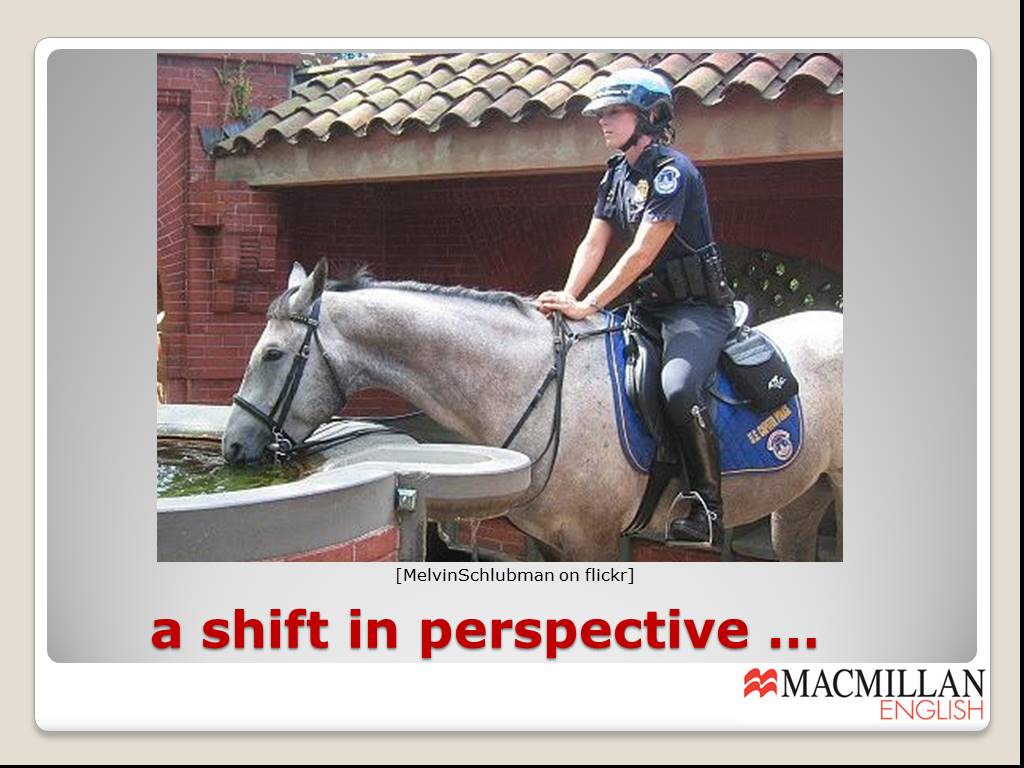 “This tool, which we call ‘distanced self-talk,’ helps people to step back and take broader stock of the situation, which is where the solutions often lie.”
“This tool, which we call ‘distanced self-talk,’ helps people to step back and take broader stock of the situation, which is where the solutions often lie.”
Maya Shankar, the host of the podcast A Slight Change of Plans, explains, “cognitive science teaches us that we can fall prey to what’s called the focusing illusion, where we overweight the relative value of the thing we’re currently focused on.” To counteract that, when she and her husband lost identical twin girls to a miscarriage with their beloved surrogate, they made a gratitude list, even though, “I was hurting and it was the last thing I wanted to do,” she says. “The idea is not to devalue any given thing you care about, but to remember that there is a vast array of things that bring you happiness. Reflecting on that list allowed me to reorient my perspective so that I could appreciate just how multidimensional my life really is. ”
”
—Eleni Gage is a magazine editor and author of The Ladies of Managua and Lucky in Love.
Shift Perspective | It’s Not What You Look at That Matters
When you face situations you don’t enjoy or problems you can’t readily solve, it is helpful to shift your perspective. Shifting your perspective can allow you to focus on the good, elevate your mood and bring you to new creative solutions. You shift perspective by thinking or doing something differently to change yourself, your situation or others.
Here are five ways.
1. Think “I Get To” Instead of “I Have To”Sometimes when I am feeling overwhelmed by life’s responsibilities, they all seem like weighty obligations: I have to prepare breakfast for my daughter. I have to walk the dogs. I have to call clients. I have to draft papers and negotiate a settlement. There are so many things I “have to” do. Truth be told, some of those things may not be necessary, or at least not necessary for me to do. But even when I am the one who must do them, I can change my words to shift my perspective.
But even when I am the one who must do them, I can change my words to shift my perspective.
- I get to prepare breakfast for my daughter and spend some time with her while we eat.
- I get to walk the dogs and see how eager they are to sniff around.
- I get to call clients in order to help them (or at the very least, to earn income).
- I get to draft papers so that I can advocate and make persuasive arguments.
- I get to negotiate a settlement, which can be an interesting experience and provide clients with much-needed resolution.
When you think about all the tasks you “have to” do today, change your words and see how much better you feel.
2. Shift Perspective, Change Something SmallWhen things are not going as well as you would like, change something. Start with something small, like driving a different route to work or trying a new restaurant for lunch. The change doesn’t need to be related to the problem. Simply doing something differently will allow your mind to open to other possibilities. Eventually, you can move on to changing bigger things that have a more direct impact on the problematic issue.
Simply doing something differently will allow your mind to open to other possibilities. Eventually, you can move on to changing bigger things that have a more direct impact on the problematic issue.
3. Use “What I Like About It Is …”
Use this phrase when things are not good, and no matter how much you change or rephrase, they don’t get better. Your computer crashed and you lost the first draft of your brief? “What I like about it is … I can upgrade to a new, faster computer.”
It doesn’t solve the problem, but at least you can find one positive thing to focus on while you deal with solving the problem.
4. Consider Another’s Perspective
When dealing with difficult people, it can be helpful to consider their perspective. Think about where they are emotionally. Consider what challenges they are facing. Contemplate the business decisions they are considering. This is particularly useful when trying to negotiate or reach a resolution to a contentious problem. Once we understand the other person’s motivation and concerns, we can “soften” our response if that is appropriate, or we can craft solutions that work for ourselves and our client and simultaneously address the other person’s concerns.
Once we understand the other person’s motivation and concerns, we can “soften” our response if that is appropriate, or we can craft solutions that work for ourselves and our client and simultaneously address the other person’s concerns.
If you don’t like the way things are going, react unusually — that is, don’t keep doing the same things in response to the same issues. Instead, do something unusual. Perhaps every time you speak with opposing counsel on the phone, he yells at you and you become annoyed because of his preposterous rhetoric, which leads to a heated argument between you. Next time: React differently. Maybe excuse yourself from the call and contact him after you have calmed down. Maybe remain silent and write down everything he is saying. The point is to create a break in your actions and thoughts to provide an opportunity for things to move forward differently.
As Henry David Thoreau said, “It’s not what you look at that matters; it’s what you see. ” Shift your perspective to see life in a way that is better for you.
” Shift your perspective to see life in a way that is better for you.
Other Helpful Posts on Well-Being:
- “Survival Skill No. 1 for Lawyers: Emotional Resilience“
- “Survival Skill No. 2 for Lawyers: Dealing With Chronic Stress and Burnout”
- “Survival Skill No. 3 for Lawyers: Dealing with Emotional Trauma”
Change your point of view. How Strong People Solve Problems
Change your point of view
Man does not simply exist. He always decides what his existence will be, who he will become in the next moment. Every person has the freedom to change at any moment.
Viktor Frankl
About , while the Athenian general Pericles was leading a naval battle during the Peloponnesian War, an eclipse of the sun occurred and his fleet of 150 ships was plunged into darkness. nine0003
Caught off guard by an unexpected and strange event, his warriors panicked. Unlike them, Pericles was not at all afraid. He went up to the helmsman, took off his cloak and covered the sailor's head with it.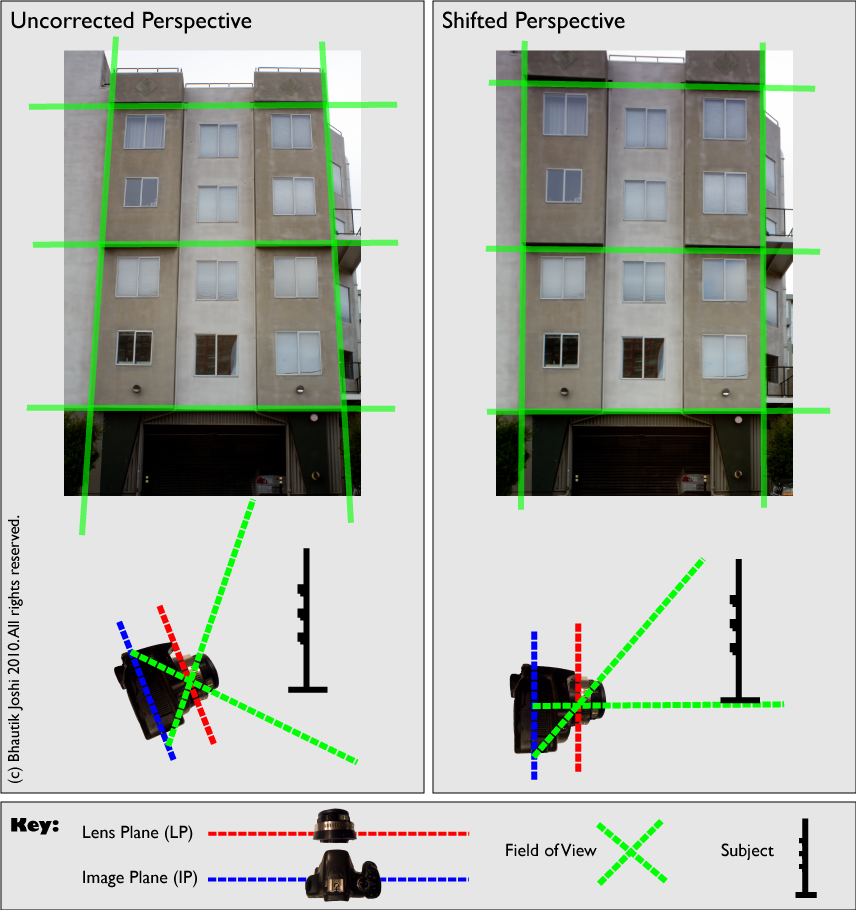 The commander asked the helmsman if he was afraid of what he saw. No, of course not!
The commander asked the helmsman if he was afraid of what he saw. No, of course not!
“What is the matter then? Pericles asked. “Does darkness become different just because it has a different cause?”
Yes, the ancient Greeks were smart. However, behind this sarcastic remark lies something more - a fundamental statement that runs like a red thread not only through the philosophy of stoicism, but also through cognitive psychology: everything is decided by the point of view .
If you can move away from the problem or look at it from a different angle, then the problem will lose its grip on you.
Fear weakens, undermines strength, undermines health, distracts, tires. Often fears are irrational. Pericles knew this well and was able to present a different point of view in order to overcome fear.
The ancient Greeks understood that often, acting to their own detriment, they preferred a frightening explanation to a simple statement of facts. People are afraid of obstacles only because they look at the situation from a false point of view, and simply switching to a different point of view can completely change their reaction. The challenge, as Pericles demonstrated, is not to ignore fear, but to explain and thus overcome it. Take what causes you fear and expose its essence. nine0003
People are afraid of obstacles only because they look at the situation from a false point of view, and simply switching to a different point of view can completely change their reaction. The challenge, as Pericles demonstrated, is not to ignore fear, but to explain and thus overcome it. Take what causes you fear and expose its essence. nine0003
Remember, only we can choose our own way of looking at things. We retain the opportunity to look at the situation from a different perspective. We cannot change or cancel the obstacles that make up a given part of the equation, but changing our perspective can change our perception of the obstacles. Our approach to the obstacle, our view of it, the ability to see it in a larger context, the ability to explain the meaning of the obstacle, determine how difficult it will be for us to overcome it. nine0003
It's up to you whether you want to put "I" in front of anything (I hate public speaking, I screwed up , I am offended ).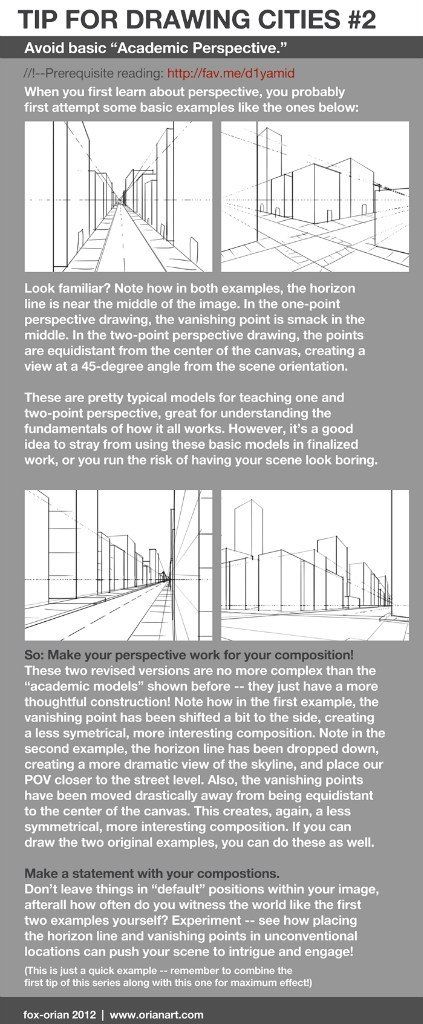 This brings in an additional element: your relationship to the given obstacle, not just a description of the obstacle as such. And when we look from this false point of view, even the most insignificant things frighten us. Why condemn yourself to this?
This brings in an additional element: your relationship to the given obstacle, not just a description of the obstacle as such. And when we look from this false point of view, even the most insignificant things frighten us. Why condemn yourself to this?
The right point of view is able, in a strange way, to return obstacles to their true scale. nine0003
Somehow we tend to look at things in isolation. We curse ourselves for blowing a deal or missing a business meeting. Taken individually, these events are really unpleasant - we have irretrievably missed the opportunity.
But in this case, as billionaire entrepreneur Richard Branson likes to say, we forget that “opportunities in business are like buses: if you miss one, another is bound to come.” One business meeting does not solve anything on the scale of a lifetime. One deal is just one deal. We may not have really lost anything. Another possibility might be even better. nine0003
Our worldview, our attitude towards the world changes depending on how we relate to such things. Does your point of view give you perspective or only create problems for you? That is the question.
Does your point of view give you perspective or only create problems for you? That is the question.
We are able to change our point of view in such a way as to remain calm and get on with the immediate task. Choosing a point of view can be compared to selective editing - but not for the purpose of deceiving other people, but in order to correctly navigate ourselves.
And this approach works. A small change in perspective can change how we approach tasks that previously seemed impossible. Having the right point of view, we get a foothold that allows us to turn the world upside down.
Point of view can be defined in two ways:
1. Context: perception of a large-scale picture of the world, and not just what is directly in front of us.
2. Frames of perception: a unique way of perceiving the world for each person; how he interprets events. nine0003
Both aspects are important, both can be used effectively to change a situation that previously seemed daunting or impossible.
Initially, George Clooney was invariably turned down by casting results in Hollywood. He wanted to please the directors and producers, but he did not succeed. He resented and blamed his failures on the filmmaking system, which was unable to appreciate him.
This point of view is well known to many people. This is how most of us see job interviews, client interactions, or trying to get the attention of an attractive stranger in a coffee shop. As entrepreneur Seth Godin observed, we subconsciously assume the position of a person "who is waiting to be chosen." nine0003
Everything changed for Clooney the moment he tried to take a different point of view. He realized that casting is also a severe test for producers: they need to select one of the actors, and they hope that the next person will be exactly the one they were looking for. The goal of auditions is to solve the problems of the producers, not the actors.
By changing his point of view, George saw a new solution to the problem.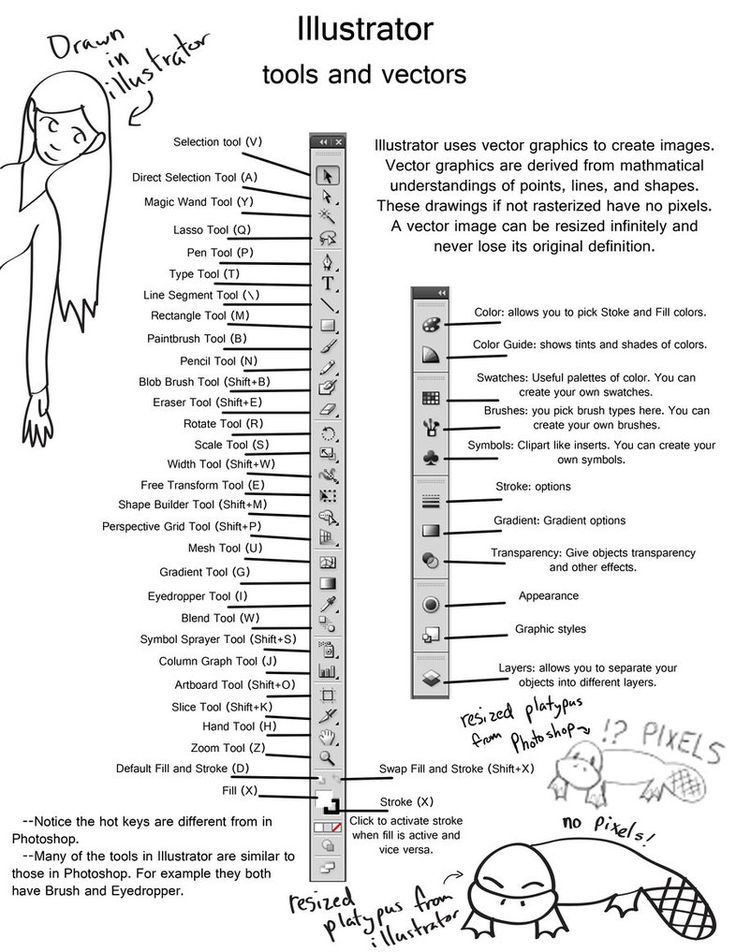 He was no longer going to kowtow to anyone to get the role. Clooney imagined himself as someone who could offer directors and producers something special. He convinced himself that he was condescending to them, and not vice versa. And George Clooney began to bend this line at castings, not only demonstrating his acting skills, but also convincing everyone that he was exactly the person who had been looking for so long. He understood exactly what kind of actor they were looking for for a certain role, and showed himself exactly like that in every situation - in the preparatory period, on the set and during the presentations of the film. nine0003
He was no longer going to kowtow to anyone to get the role. Clooney imagined himself as someone who could offer directors and producers something special. He convinced himself that he was condescending to them, and not vice versa. And George Clooney began to bend this line at castings, not only demonstrating his acting skills, but also convincing everyone that he was exactly the person who had been looking for so long. He understood exactly what kind of actor they were looking for for a certain role, and showed himself exactly like that in every situation - in the preparatory period, on the set and during the presentations of the film. nine0003
Choosing the right point of view is everything.
Our interpretation of life events, our point of view on them determines our further reaction to these events - are we going to give up or fight and win.
As the saying goes, the body follows the head. Perception precedes action. The right action follows the choice of the right point of view.
This text is an introductory fragment. nine0003
95 Stuck in a dead end or change point of view
95 Get stuck in a dead end or change point of view Perhaps the art of living lies in transforming difficulties into wonderful experiences: you can hate the rain, or you can dance in the rain. Joan Marquez[77] Sometimes a simple change of perspective on a difficult situation
Change your perspective on the world around you
Change your perspective on the world around you Replacing negative, limiting thoughts with positive thoughts is simply about seeing the world in a new way. However, at first it takes work and perseverance. As soon as negative thoughts enter your mind, immediately push them out
Remedy A: change your mind
Remedy A: change your point of view When scientists began to study how people make sense of unpleasant situations and incidents, they discovered one important thing that makes it possible to distinguish between ordinary self-reflection and painful introspection.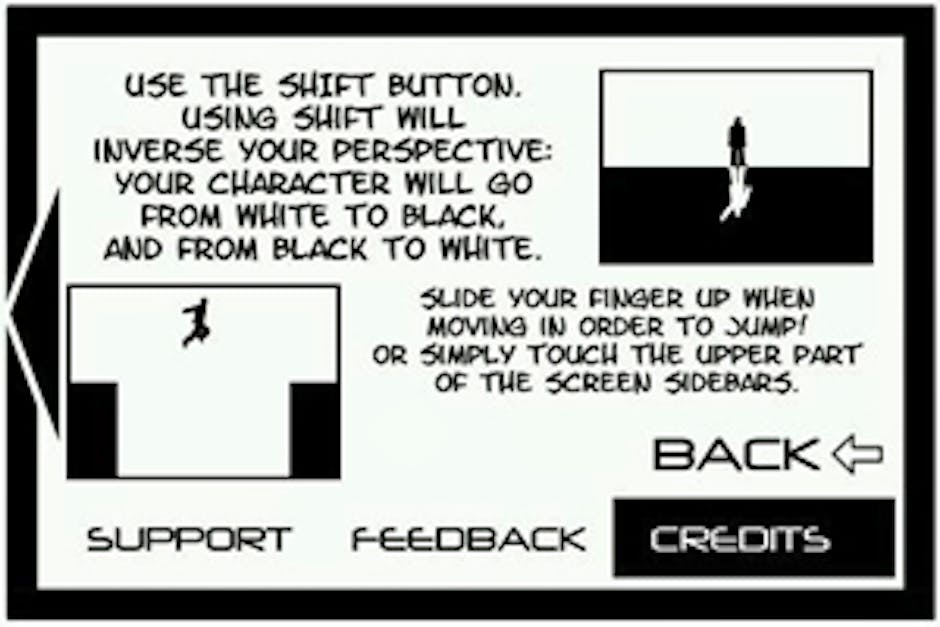 We are talking about point
We are talking about point
Treatment Summary: Change Your Point of View
Treatment Summary: Change Your Point of View Indications for use: Use the technique described above if you have enough time and nothing distracts you. Apply it regularly, as needed. When the intensity of emotions subsides and
WE CAN ONLY CHANGE OUR POINT OF VIEW, NOT EMOTIONS
WE CAN ONLY CHANGE OUR POINT OF VIEW, NOT EMOTIONS We can perceive the vibrations of others only through our individual filter. We cannot change these fluctuations, but we can influence how we respond to them. We are able to make our ringtone on
4. Change the angle of view
4. Change the angle of view If the current situation depresses you, look at it from a different angle. It's very efficient. Here are some ways to see things differently
It's very efficient. Here are some ways to see things differently
Belbin and de Bono role model How to change your point of view
Role model of Belbin and de Bono How to change your point of view When the guru of creativity, British psychologist Edward de Bono at 19In 1986, he presented his “six thinking hats” to the public, critics reacted to this at first pejoratively, calling the whole idea a theater. De
Get your point across
Clarify your point of view Before you disagree, make sure you really disagree. Maybe you just didn't understand the arguments presented, or you misinterpreted the message. Feel free to ask questions. Make sure to fully
Listen to the subordinate's point of view
Listen to the point of view of the subordinate If Harry has something to say, he should be heard. Perhaps he has extenuating circumstances. Let the subordinate speak without interrupting. Listen actively, ask questions - but not sarcastic, implying
Perhaps he has extenuating circumstances. Let the subordinate speak without interrupting. Listen actively, ask questions - but not sarcastic, implying
Alpha level - the basis of the ability to change the point of view from negative to positive
Alpha level - the basis of the ability to change the point of view from negative to positive So, an important condition from which any success begins is the ability to change the point of view from negative to positive. But it happens that in the normal state of wakefulness it is not easy to find
Before you impose your point of view, understand what the other thinks
Before you impose your point of view - understand what the other thinks Remember: warm human relationships are an absolute value. Do not, under any circumstances, allow this value to be destroyed because of such an essentially secondary thing as
Rule #13 Speak your point of view in a conversation with a man
Rule #13 Let's discuss another important point related to the verbal side of female charm. The dilemma is pretty clear. Is it worth it to indulge and adapt to the opinion of a man in order to win him
The dilemma is pretty clear. Is it worth it to indulge and adapt to the opinion of a man in order to win him
State a third point of view
Formulate a third point of view Heen, Stone, and Richardson talk to each other in a camaraderie, just like when they were in graduate school. Hin has dark blond shoulder-length hair, she is graceful and elegant - such a demeanor can only be seen in the old
Stand your ground
State your point of view Sometimes you will say things to people that they won't hear. And you, being an earthly angel with a sharp intuition, will understand: this is not what they want to hear. You may misreact to the anger or displeasure of another Laura Huang and business school MBA student Ryan Yu .
It turns out that it is quite easy to convince people who are your supporters. But convincing a person with a different point of view is a completely different story.
But convincing a person with a different point of view is a completely different story.
A study conducted for a new book by Laura Huang interviewed more than 60 leaders who were trying to convince business colleagues to change their minds on certain issues. Leaders who successfully managed to overcome other people's skepticism were able to identify the root of fundamental disagreements even before they tried to convince people. These leaders first asked themselves: "What motivates a person with a different point of view, why does he resist?" Leaders often focused on which aspects of their arguments provoked the most negative reaction and the most emotional reaction. Then, depending on the answer, they approached the situation using one of 3 targeted strategies. nine0003
How does it work? Instead of arguing with a person who resists, bring along a colleague whose opinion you can trust. It can be a person from your company who fully shares your point of view, and it does not matter who he is - a colleague or a leader.